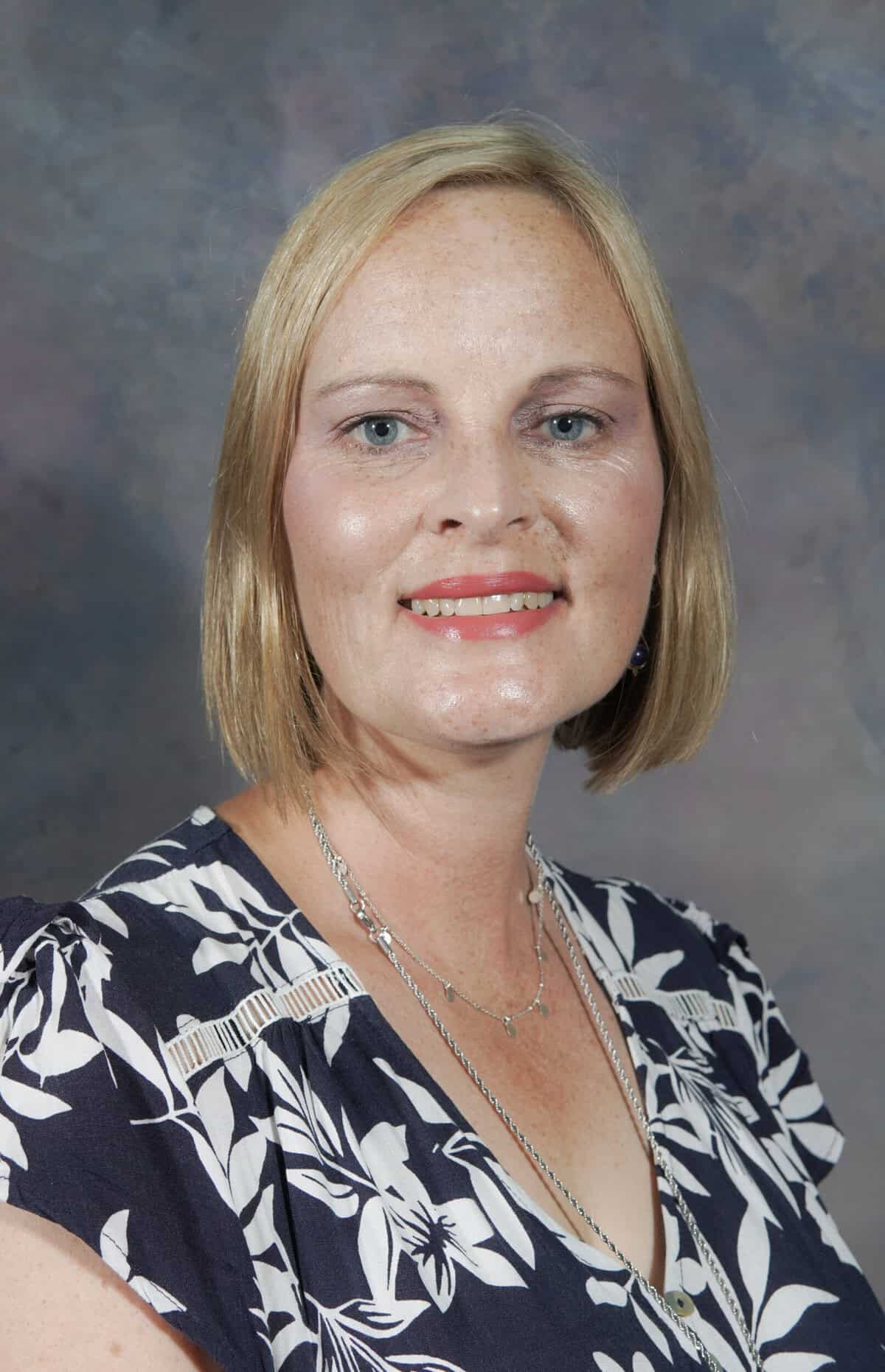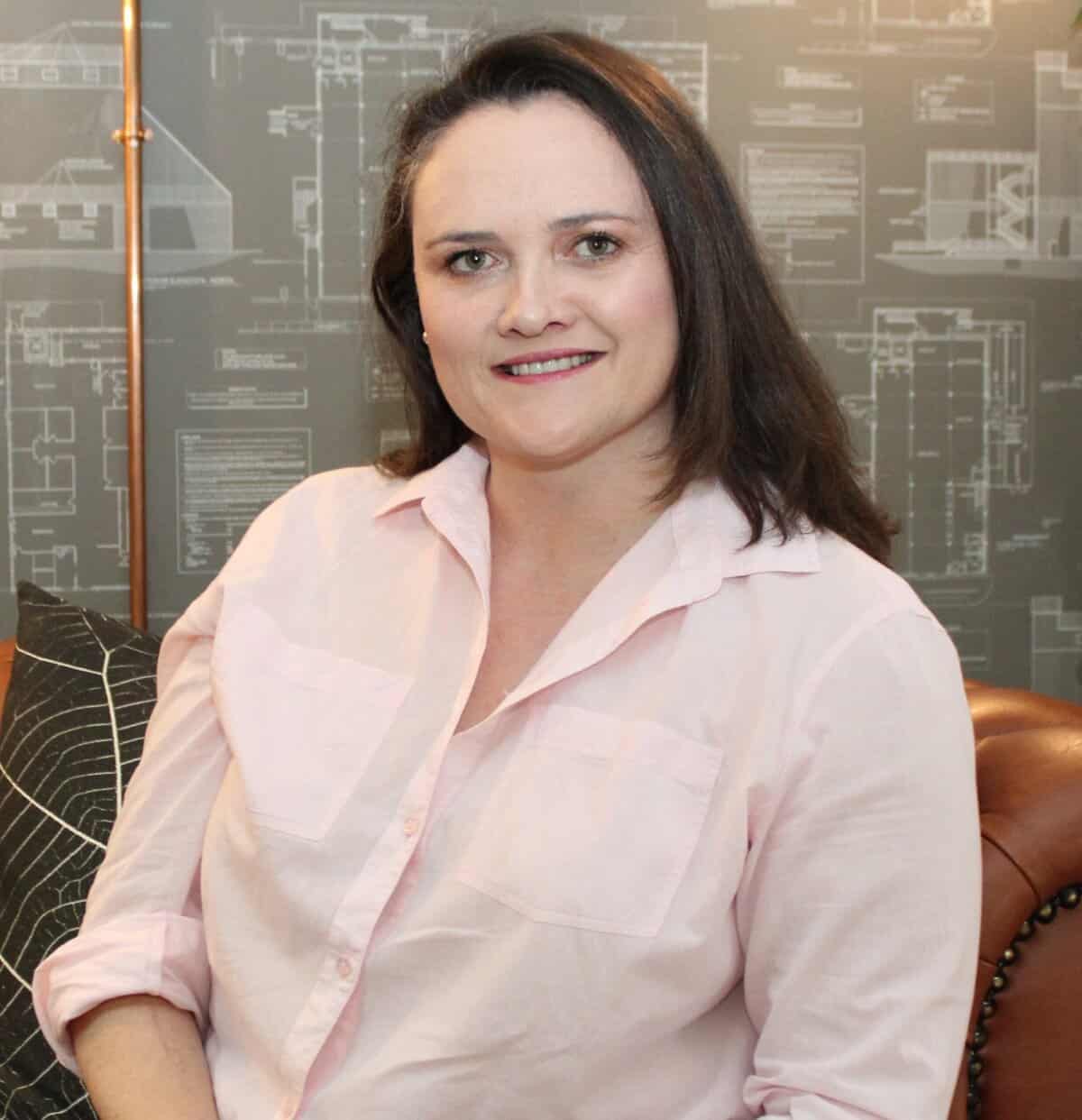In an era when healthcare is increasingly shaped by technology, efficiency metrics and digital interfaces, the oldest element of care remains the most radical: the act of being fully present.
At North West University (NWU), Prof Tinda Rabie from the Quality in Nursing and Midwifery (NuMIQ) programme, argues that the future of compassionate care depends not on machines but on the ability of healthcare professionals to “guide the carescape with light, wisdom and prudence”. Presence in caring, she insists, is not sentimental rhetoric. It is a discipline, a skill and, ultimately, a moral calling.

“Presence means being fully there with and for the other, with your whole self,” she says. It is an idea she returns to often, describing it as “being there with the other, for the other,” and “being with the other with your whole self.” In her view, this is the essence of leadership in the health professions. It is also the foundation of what the NWU aims to instil in the next generation of healthcare graduates.
For Prof Rabie, presence in caring is not simply a comforting bedside manner. It is an ethical imperative that restores a sense of personhood at precisely the moments when illness or trauma threatens to diminish it. “It is not simply emotional support but an ethical and professional imperative that restores wholeness after an injury to personhood,” she notes. Technology may accelerate diagnosis, but only human presence can restore dignity.

Her belief is shaped by personal experience. “When my father passed from cancer, I felt that he was treated as just a number,” she reflects. Her mother, who survived cancer twice, encountered the same system of clinical competence without human connection.
These experiences strengthened her conviction that healthcare professionals must “bring their full attention, empathy and ethical sensitivity to every patient encounter.” A patient, she says, “is a real person with feelings, hopes and fears, not just a number or case.”
Presence, then, becomes a form of healing in itself. Being fully there, she argues, strengthens recovery, builds trust and answers the emotional and moral questions that illness inevitably brings. “Ideal healthcare is more than procedures or prescriptions; it is a transformative, humanising force.” In cancer care especially, where fear and uncertainty are constants, presence becomes as valuable as any treatment regime.
This is where servant leadership enters the conversation. Prof Rabie rejects hierarchical models that prioritise authority over attentiveness. True leadership in healthcare, she argues, is not about command. It is about guidance. “A wise healthcare provider combines practical wisdom, virtue, ethical sensitivity and servant leadership to guide patients through uncertainty.”
She describes this as leadership rooted in prudence, the capacity to make careful, thoughtful decisions that illuminate the path for others. When applied with sincerity, it transforms the relationship between provider and patient, replacing detachment with trust and restoring dignity in spaces where it is most fragile.
Florence Nightingale remains her intellectual and moral touchstone. Nightingale was, in her words, a “light carrier”, a figure who embodied attentive, ethical and compassionate service. Her relevance endures because she combined scientific rigour with an unwavering belief that care is a moral endeavour.
“Today’s healthcare providers can combine scientific knowledge with empathy, humility and vigilance,” Prof Rabie says, echoing Nightingale’s vision for a profession where technical expertise and human presence are inseparable.
This thinking is woven deeply into the NWU’s approach to healthcare education. The university positions presence in caring as a competence that requires conscious cultivation. Students are trained to navigate the entire carescape, which includes patients, families, communities, healthcare teams, academics and the environment in which care is delivered.
At NWU, evidence based practice is paired with ethical reflection and emotional insight. Graduates are encouraged to see themselves not only as clinicians but as thoughtful leaders who “illuminate the path, restore wholeness and foster trust.”
Presence, she argues, is not antiquated in a digital age. If anything, it is more urgent. Technology must support care, not replace the human interaction at its core. Reflective thinking, mindfulness and sustained face to face connection become essential acts of resistance against a system that risks reducing patients to data points.
In the end, presence is both simple and profound. “Presence in caring must become both a personal commitment and a professional practice,” Prof Rabie says. If healthcare professionals embrace it, they can reshape the landscape into one “rooted in compassion, trust and our shared humanity.”
She closes with a reminder from Archbishop Desmond Tutu: “Hope is being able to see that there is a light despite all the darkness.” Presence in caring, she believes, brings that light. “Kindness is free, peace is powerful, and together they can unite the world.”
At NWU, this is not an aspiration. It is the standard to which the university holds its healthcare professionals, and the contribution it intends to make to the future of compassionate care.







